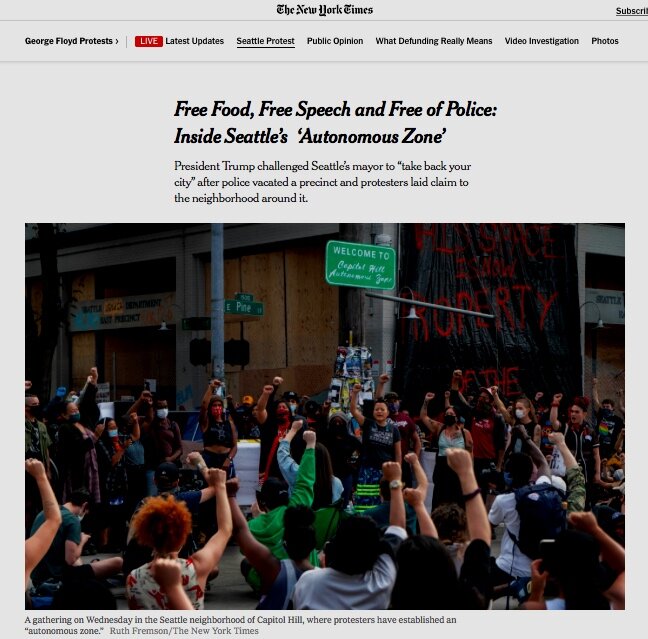Still Frame from The Economics of Sex,
The Austin Institute/YouTube http://www.youtube.com/watch?v=cO1ifNaNABY
A growing cacophony of voices have come out against sexual promiscuity, using consent and self-respect arguments to argue that women resisting sexual activity is empowering for them. It can be seen in the “slow dating” movement, in Wendy Shalit’s book A Return to Modesty, and in the Austin Institute’s video “The Economics of Sex.“ Women should be strong and assertive, they claim, so long as they use this power to say no. These conservative movements have exploited consent discourses and sex-negative feminism to convince women that they should say no to sex, and that it is empowering to guard your sexual dignity. The result is what we might call “Assertive modesty.” Far from being feminist empowerment, these manipulative campaigns are actually a harmful vestige of the traditional, oppressive femininity roles critiqued by Betty Friedan and other feminist thinkers.
In a study of the impact of romantic fiction on young women, Linda Christian-Smith explains that in the period between 1963 and 1979, romantic fiction became increasingly conflicted. “[R]omance [within this period] is now fraught with conflict and disappointment for [the protagonists]. Heroines and their boyfriends no longer share views as to how to relate to one another,” she explains. Within this context, the traditionally “chaste” nature of romantic relations portrayed by romantic fiction threatens to be strained. “Pressures towards genital sexuality cause intense struggles for power and control between the sexes. The experience of having to take a stand in these matters makes heroines more assertive than their counterparts in the previous period. However, this assertiveness is only apparent in matters of romance and rarely extends to other areas of heroines’ lives.” (1) In the context of the “sexual revolution” of the 1960s/70s, changing sexual norms conjured a more visible and overt female assertion of sexual regulation. Whereas in earlier eras, sexual modesty was to be protected via female influence, in the 60s and 70s, a new demand for limited assertiveness around sexual availability becomes a literal plot line in romance literature. This feminine adaptation/appropriation of feminist assertiveness inverts its meaning. Whereas feminist assertiveness expands the realm of possibilities available to women, assertive modesty reinforces women’s sexual repression (of themselves and of their would-be partners) under the cover of feminism, while reproducing the pitfalls of “chaste liberation,” in which women’s cultural status is linked to their maintenance of sexual scarcity. In this sense, it is part of the very femininity that has become a more-or-less compulsory role for women in our society. This development becomes incredibly insidious when it is perpetuated in the power-desire nexus of sentimental and arousing cultural productions like romantic fiction and Hollywood movies, which tend to produce attachments and longing for specific social norms and configurations. Within this cultural production, assertive modesty (like its gentler predecessors) becomes the defense of a deeply-felt (yet culturally-produced) attachment to a mode of femininity that, because it is so strongly linked to one’s social identity, feels like one’s essence. This development gets reproduced in what I have been calling a “sexual economy,” in which to behave in certain approved ways, one gains access to cultural capital and recognition, whereas to behave otherwise is to experience increased stress and decreased status. In many romantic fiction novels, a dilemma arises: a boy desires sex with the female protagonist, and she is forced to choose between validating his expectations or maintaining the dignity that makes her desirable. In many of these scenarios, romance is treated as a “market relationship,” in which an exchange occurs. As Christian-Smith explains, there is “an unfair term of exchange in romance.” This arises from the conventional terms that romance is portrayed in, wherein the main characters’ “perception of proper sexuality in romance [is] limited to hugging and kissing. They also fear pregnancy and parental reprisals . . . [and have a] strong desire to maintain the ‘good girl’ reputation [that] is bound up with being sexually inexperienced. Hence, the framework for the fair exchange involved some very traditional views of romantic and sexual relationships.” (2) Faced with this dilemma, many of the protagonists are compelled by their social environments to assert their modesty.
Notes:
(1) Linda K. Christian-Smith, Becoming a Woman Through Romance (New York: Routledge, 1990), 17.
(2) Ibid., 20.


















